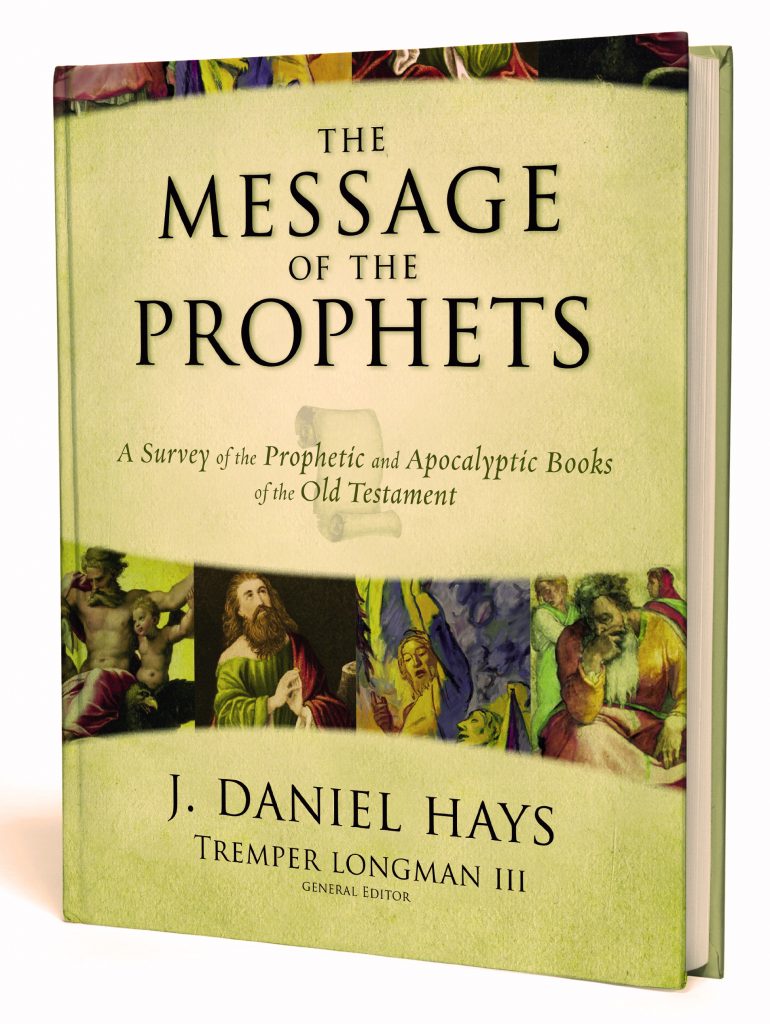
A frequent point within this textbook concerns YHWH’s judgments pronounced upon Israel, Judah, and its surrounding nations. The causes of those judgments arise from idolatry, “social” injustice, and religious ritualism, as framed by the authors’ analysis of the biblical text across various major and minor prophets. The authors correctly understand the historically abhorrent behaviors among the people throughout the area. To include the foreign nations that surrounded Israel. While the observations in this way are both instructive and valid, the terminology “social justice” used comes with significant unwanted baggage. In fact, its frequent use in the text indicates that the authors are racial justice advocates or activists and, therefore, they inform their readers of a weighted perspective. At least in terms of proper biblical ideology that bears cultural weight upon the Church.
The use of “social justice” terminology places the cultural meaning of “social” before justice to infer a “race theology” that links in meaning for cultural and socially driven causes. That these terms together carry more or equal weight over biblical justice as defined within Scripture. While the authors use the social justice terminology as a way of communicating how people have poorly behaved toward one another, numerous people are going to recognize the social component of this terminology and draw dubious conclusions about what justice is expected from YHWH.
That the authority of required covenant behaviors is from an impetus, or society defined weight of what justice is, where it applies, and how it is honored or served. “Social justice” is a group-think at a community or national level centered on what humanity’s interests are. As it continuously adjusts its criteria or acceptability about what it involves or requires. Specifically, concerning additional “social” justice initiatives such as critical theory, intersectionality, marriage, gender definition, or social lifestyle choices among people who choose not to abide by biblically defined moral standards of living, or biblically just, and virtuous living.
“Social justice” efforts often descend into mob rule. When racial justice is to become developed, it must take place from a standard that originates from Scripture using proper hermeneutical and exegetical methods. Not from opinionated or outspoken people who seek to make society in their image. All people who are imagers of YHWH individually carry upon them the Imago Dei, and nothing is permitted to come before that in terms of how we love, support, and care for one another. That there is an idea of “social justice” to somehow affect sound theology, is offensive and counterproductive as compared to purely “justice” or “biblical justice.” People groups among the nations are made in the image of God with ethnic and racial differences. Yet, they are all equal in value by God’s defined standard, not by society, or the mob that changes day to day to form its ideas of morality often contradictory to the meaning given within original root Scripture. Whether it is from the mob in government, in the local church, in universities, or elsewhere.
So, the presence of Cushites (Black Africans) in Scripture as included among the redeemed throughout the Gentile nations has no bearing whatsoever concerning the development of correct biblical and theological thought concerning “social justice.” It is merely of unique interest to see how YHWH uses various people groups. To call attention to “race theology” is an especially repugnant idea or way of understanding what YHWH has done for His glory, His purposes, His people long ago, and us. To include everyone and anyone, He calls into the Kingdom. The truths and mysteries of God shall not be narrowed or limited within a racial framework that involves social division or efforts to separate or isolate people from one another.
A cursory search online will reveal that this textbook is sometimes a companion to other texts found among online markets. To include titles “Woke Church,” “Color of Compromise,” “From every People and Nation,” and “White Fragility,” among others written at times by “race theology” advocates or activists.
In Christ, we are one people, of one Kingdom (Colossians 3:11).













Comments are closed.